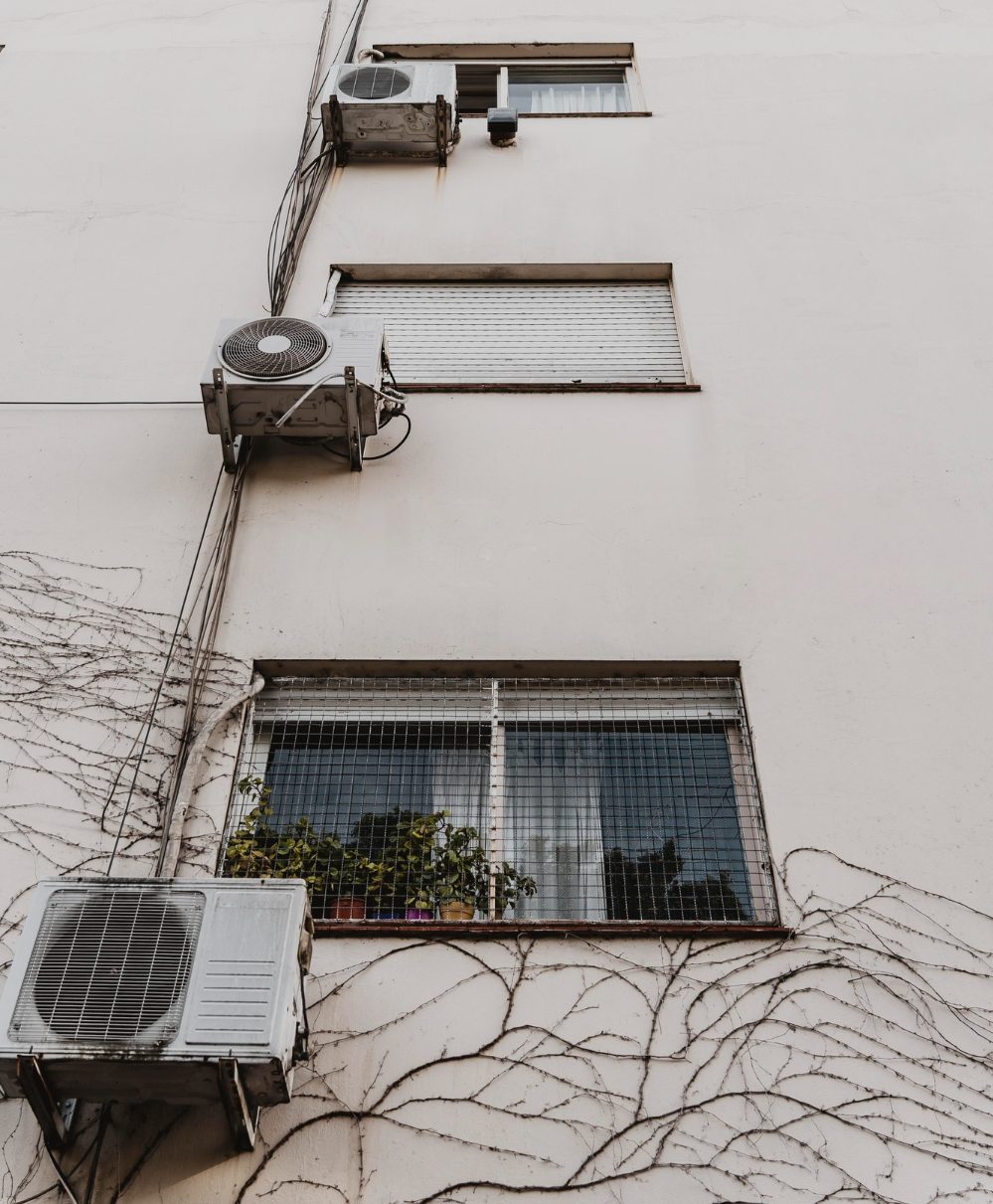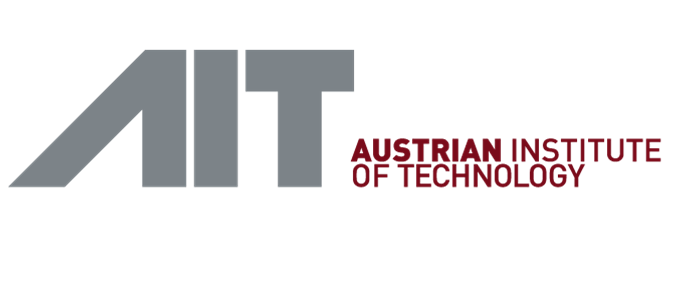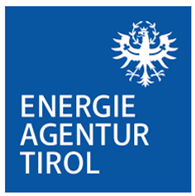Innsbruck, Austria
Energetic refurbishment of shared ownership buildings for a sustainable future.
The pilot site in Innsbruck focuses on one of the most complex challenges in the urban energy transition: unrenovated apartment buildings with multiple owners and mixed heating systems. These buildings, often have outdated insulation, inefficient energy use, and rely heavily on fossil fuels.
The main objective is to reduce energy poverty and decarbonize the housing sector by promoting energy-efficient refurbishment, introducing sustainable heating systems, and creating financially viable incentives for property owners. At its core, the pilot seeks to establish a strong network of cooperation between landlords, tenants, and property managers—empowering all stakeholders to participate in the decision-making process and take action for a more energy-resilient future.

“Innsbruck’s pilot is designed not only to overcome barriers to building renovation, but also to create lasting cooperation models that can be replicated across Austria and beyond. By combining technical, social, and legal innovation, this pilot is a blueprint for how cities can reduce energy poverty while cutting fossil fuel dependency—together.”
Local challenges & needs
Many of Innsbruck’s apartment buildings are old and energy-intensive, with poor insulation, outdated windows, and rooftops in need of refurbishment. Most are heated by individual fossil fuel systems, which are not only inefficient but also make it difficult to coordinate upgrades across the building. A key challenge is that tenants pay for the energy, but landlords control renovation decisions—and often lack incentives to invest.
Key Challenges:
- High energy loss due to poor insulation, outdated windows, and roofing
- Predominance of fossil fuels in decentralized heating systems, leading to inefficiencies.
- Limited coordination between diverse apartment owners with unequal financial means.
- Regulatory uncertainty and lack of clear decision-making processes in multi-owner buildings.
- Tenants bear energy costs, yet have no say in refurbishment decisions
- Fragmented communication channels hinder joint action.
- A strong need for replicable, socially just solutions that address energy vulnerability.
Activities
Technical & Financial Planning
Identify and analyze 1–2 unrenovated buildings as demonstration sites.
• Design comprehensive energy improvement concepts, including: 1) Centralized, decarbonized heating systems; 2) Photovoltaic integration; 3) Refurbishment of the building envelope
• Explore financing solutions that reduce upfront investment and avoid increasing costs for tenants
Community Engagement & Empowerment
• Develop a practical guide to help engage and motivate apartment owners
• Host participatory workshops with landlords, tenants, utility providers, and the energy agency
• Focus on inclusive dialogue, empowering tenant voices often left out of decision-making
• Establish a functional network of key stakeholders to enable smoother cooperation
Replication & Policy Alignment
• Address legal and procedural barriers to coordinated refurbishment
• Test scalable models applicable to similar building types in other urban areas
• Contribute to policy discussions around multi-owner renovation strategies in Austria
Partners involved






